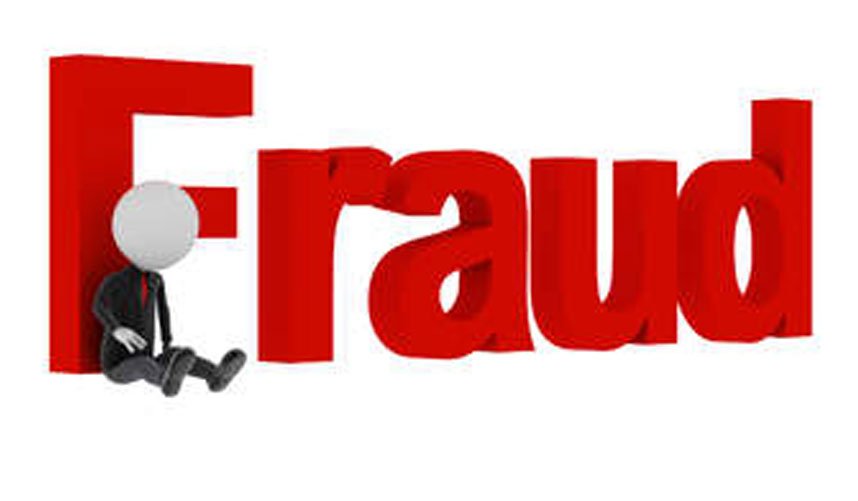Small businesses with less than 100 employees experience a median loss of $154,000 due to fraud, according to the Association of Certified Fraud Examiners (ACFE). This number is higher for small businesses than most large companies.
Employees and customers are just a few people who might take advantage of your small business. Recognize types of fraud in business and learn how to protect yourself.
Here are a few types of common small business fraud you might face.
Identity Theft
Identity theft could cost your business thousands of dollars. Fraudsters could steal your business’s identity and use it to access your credit.
People might get their hands on things like financial statements, bank statements, or your federal tax identification numbers. It’s also possible to have information taken from your computer.
To pre, make sure you keep your statements and sensitive information secure. If you have physical copies, keep them locked in filing cabinets that only you can access. For digital copies, make sure you use difficult usernames and passwords, and avoid falling for phishing scams. Don’t hand your information out to anyone.
Financial statement fraud.
Although it’s less common, financial statement fraud can be the most damaging to a company. Overstating revenue, earnings and assets along with understating liabilities are the most common activities found with this type of fraud.
Asset misappropriation.
Some of the more common types of fraud fall into the category of asset misappropriation, which closely-held businesses are most susceptible to.
Skimming of cash and cash larceny.
This type of asset misappropriation consists of taking cash before it even enters the company’s accounting system. It’s very hard to uncover since it requires finding evidence of something that hasn’t been recorded yet and it doesn’t require a lot of sophistication to execute, making it a popular choice among those that commit fraud. Check tampering, accounts receivable skimming, fake billing schemes, payroll schemes, fake or duplicate expense reimbursement schemes and inventory schemes are also other common examples of asset misappropriation.
Misuse of company assets.
Another common type of asset misappropriation is the misuse of company assets. Not only is it problematic since it’s the unauthorized use of company assets, but it can also open up the company to significant liability.
Theft of intellectual property and trade secrets.
As our world becomes increasingly driven by information and technology, an increase in the theft of intellectual property and trade secrets is on the rise.

